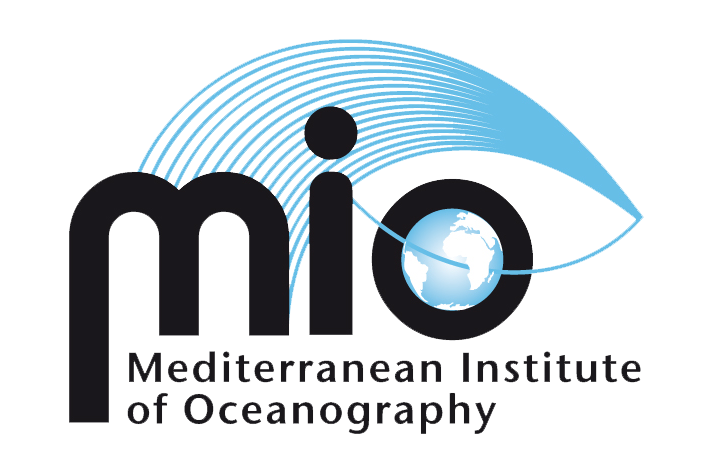Post-cruise meeting TONGA
The TONGA post-cruise meeting took place in Villefranche sur mer on 30 June and 1 July. It brought together between 50 and 60 participants from 15 international laboratories, 50% face-to-face, 50% virtual.
Exciting results will be published in a SPECIAL ISSUE which will be open in mid 2022.

